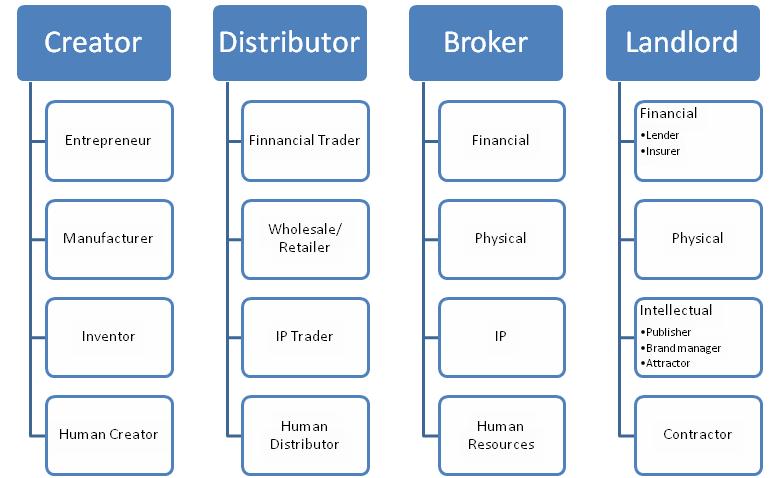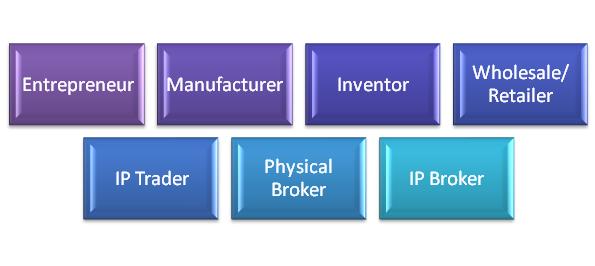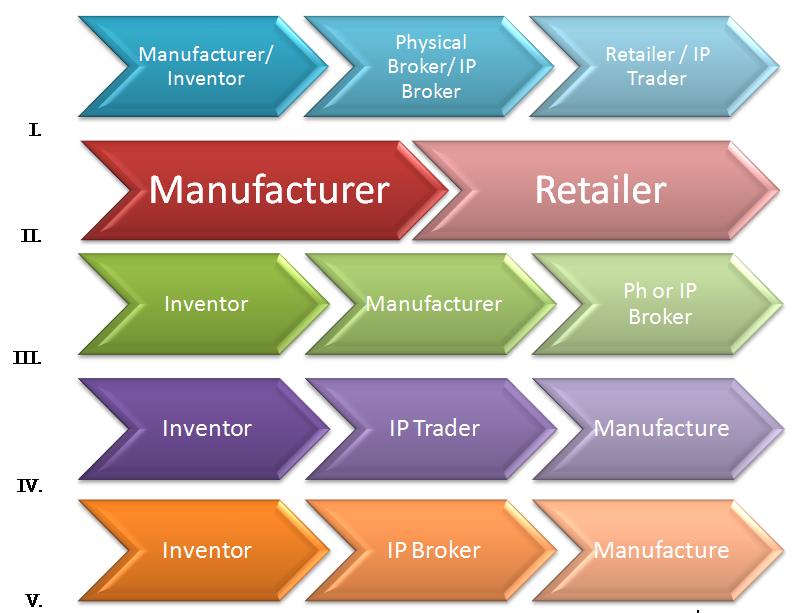Meeting 1
From 2012e.igem.org
(→Proposed New Business Model) |
|||
| Line 27: | Line 27: | ||
To answer these questions we discussed our options based on the study “Do Some Business Models Perform Better than Others? A Study of the 1000 Largest US Firms” by Peter Weill, Thomas W. Malone, Victoria T. D’Urso, George Herman and Stephanie Woerner (MIT), where all business models can be classified as follows: | To answer these questions we discussed our options based on the study “Do Some Business Models Perform Better than Others? A Study of the 1000 Largest US Firms” by Peter Weill, Thomas W. Malone, Victoria T. D’Urso, George Herman and Stephanie Woerner (MIT), where all business models can be classified as follows: | ||
| + | <div align="center"> | ||
[[File:Models.jpg]] | [[File:Models.jpg]] | ||
<br> | <br> | ||
| Line 33: | Line 34: | ||
Based on the situation in our country, we identified which of the prevoius models could be applied to SynBio and chosed the following: | Based on the situation in our country, we identified which of the prevoius models could be applied to SynBio and chosed the following: | ||
| + | <div align="center"> | ||
[[File:selctmodel.jpg]] | [[File:selctmodel.jpg]] | ||
After chossing which model could work, we decided to combine some od these to make a new model that could be succesful in Synbio. The combinations proposedd where: | After chossing which model could work, we decided to combine some od these to make a new model that could be succesful in Synbio. The combinations proposedd where: | ||
| + | <div align="center"> | ||
[[File:5models.jpg]] | [[File:5models.jpg]] | ||
Revision as of 22:04, 17 July 2012
|
Home |
INITIAL BRAIN STORMING
Business Model
To answer these questions we discussed our options based on the study “Do Some Business Models Perform Better than Others? A Study of the 1000 Largest US Firms” by Peter Weill, Thomas W. Malone, Victoria T. D’Urso, George Herman and Stephanie Woerner (MIT), where all business models can be classified as follows: Proposed New Business ModelBased on the situation in our country, we identified which of the prevoius models could be applied to SynBio and chosed the following: After chossing which model could work, we decided to combine some od these to make a new model that could be succesful in Synbio. The combinations proposedd where: Defining Your Business Model
|
 "
"



